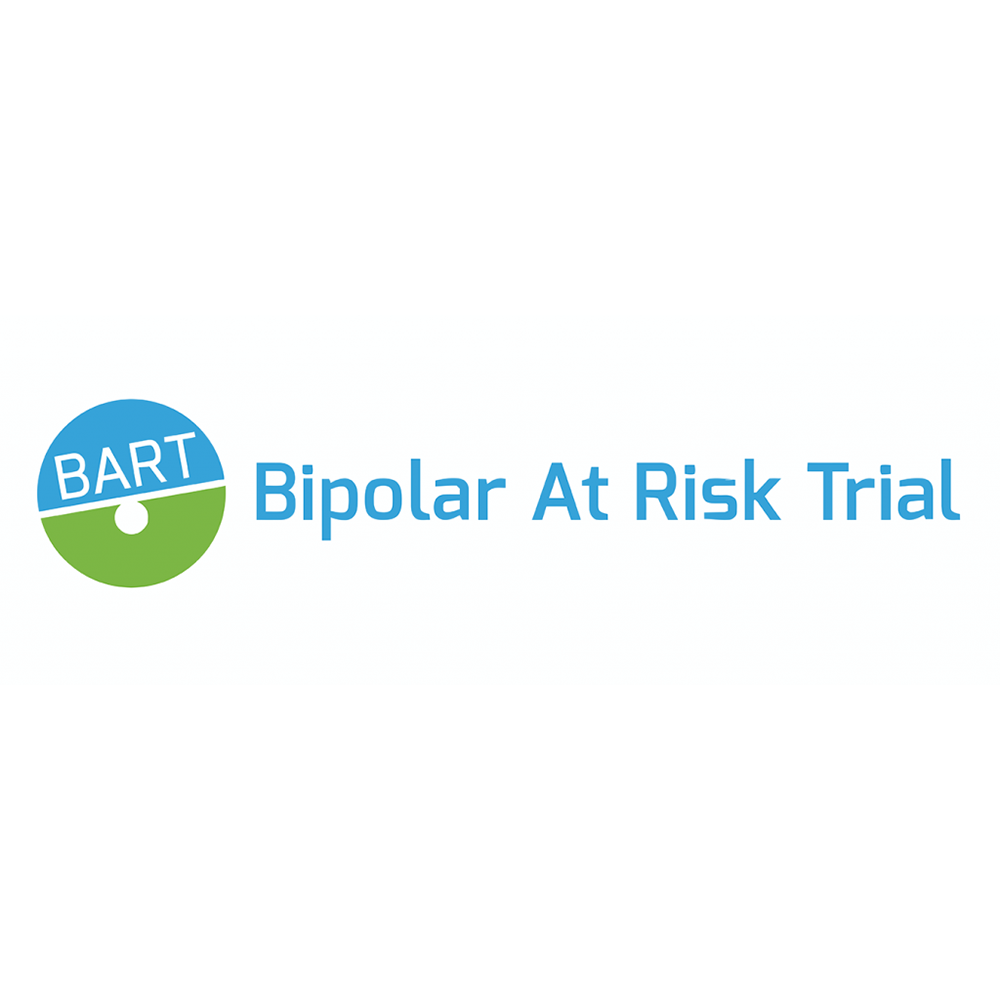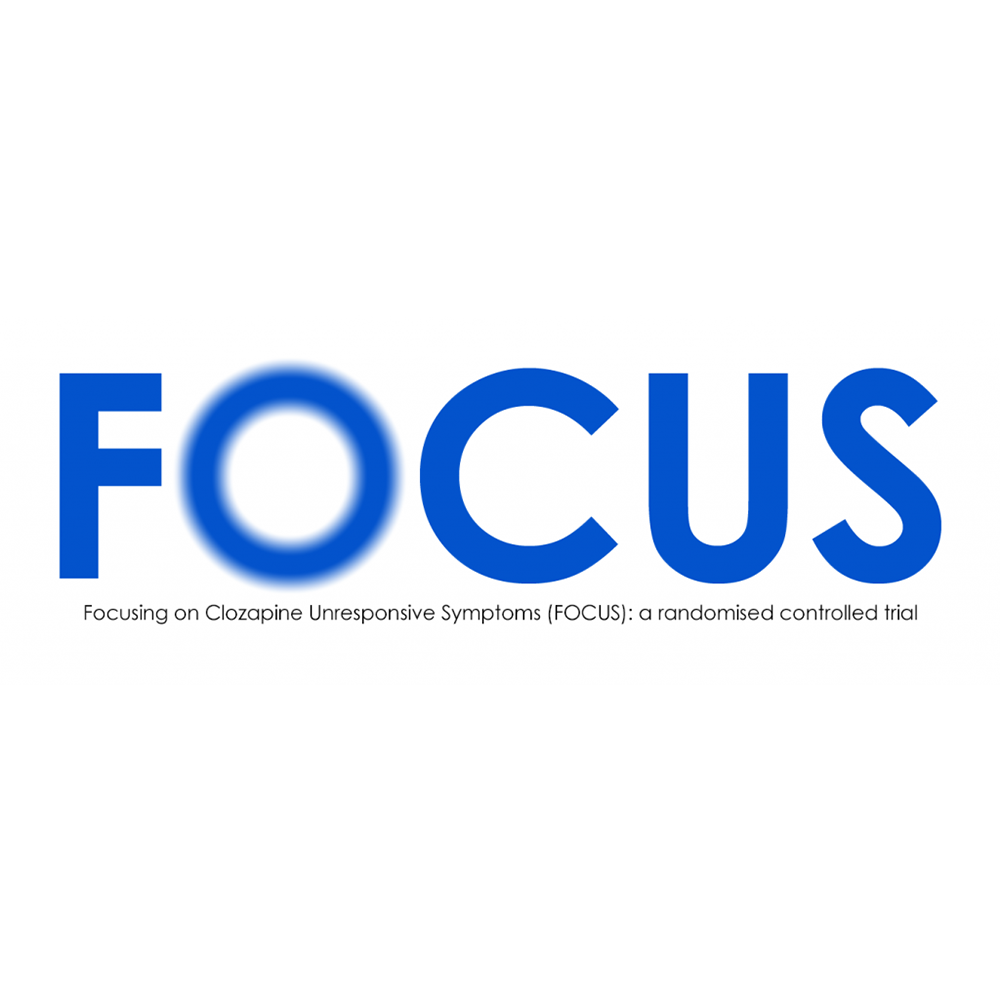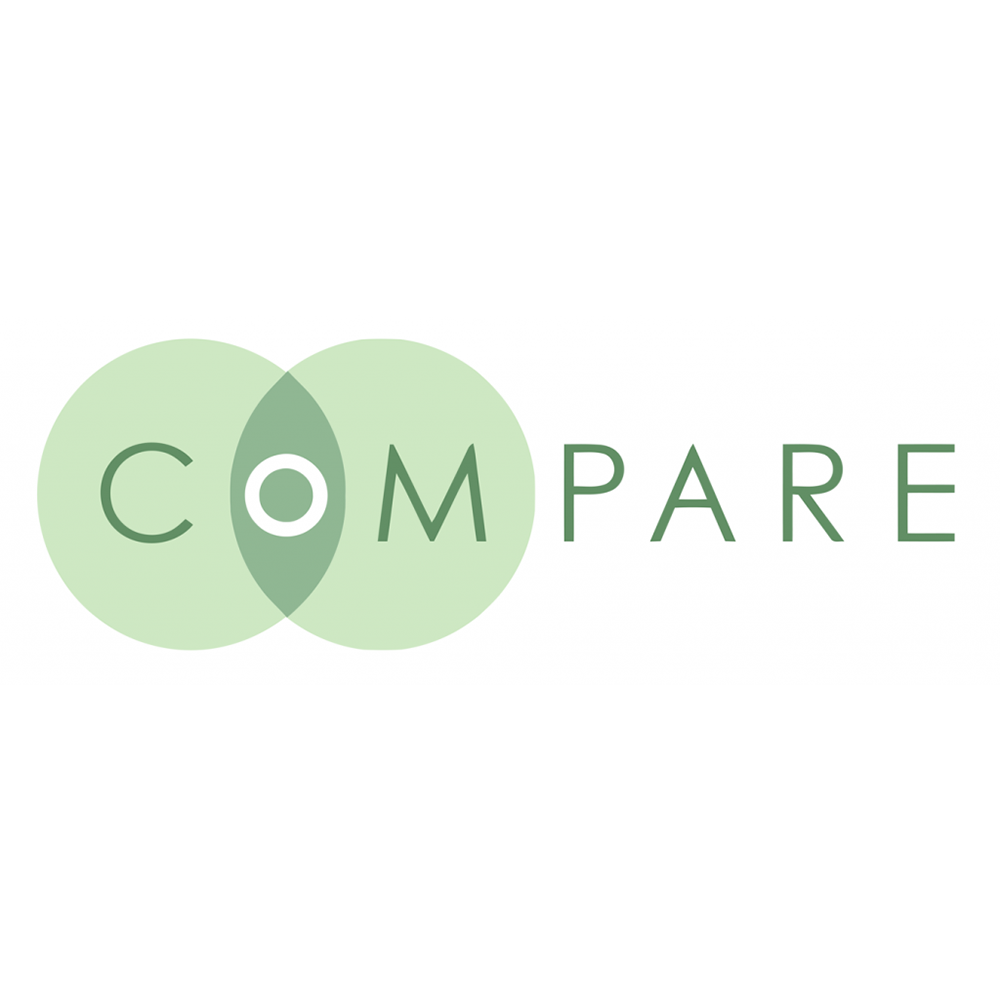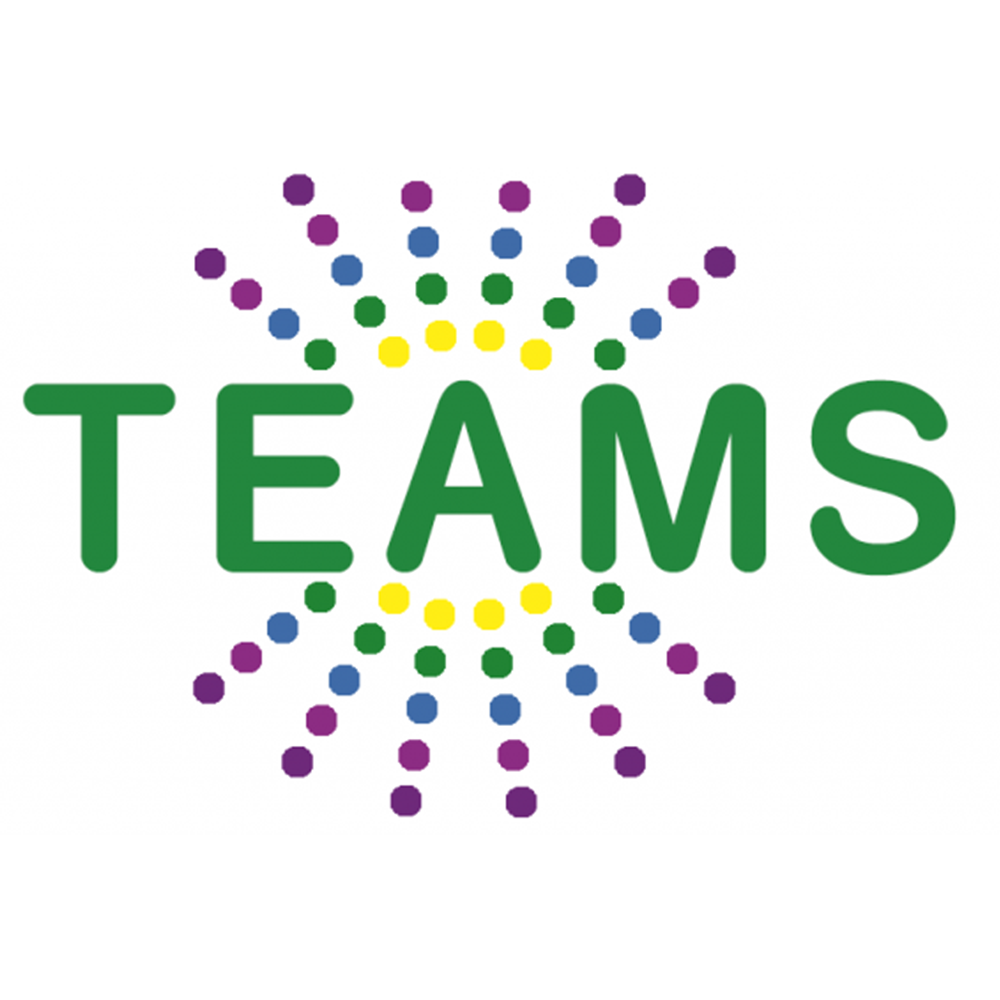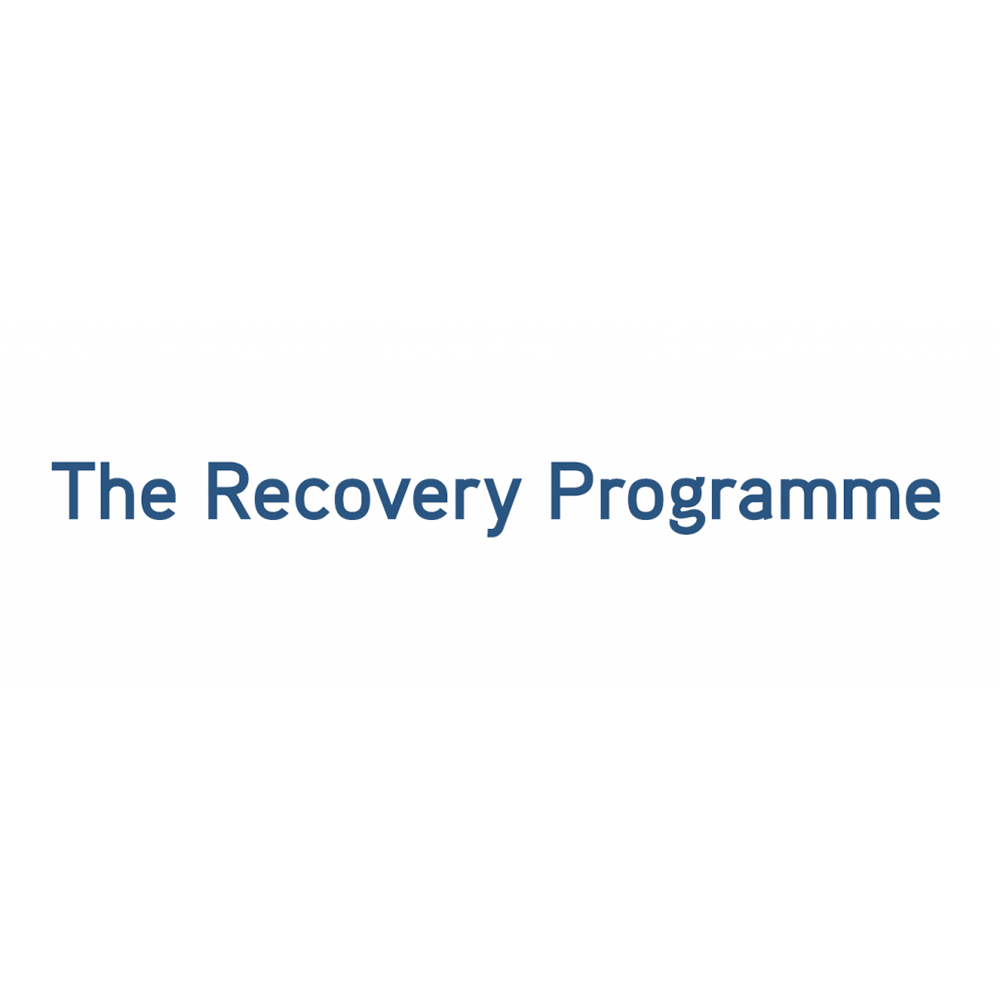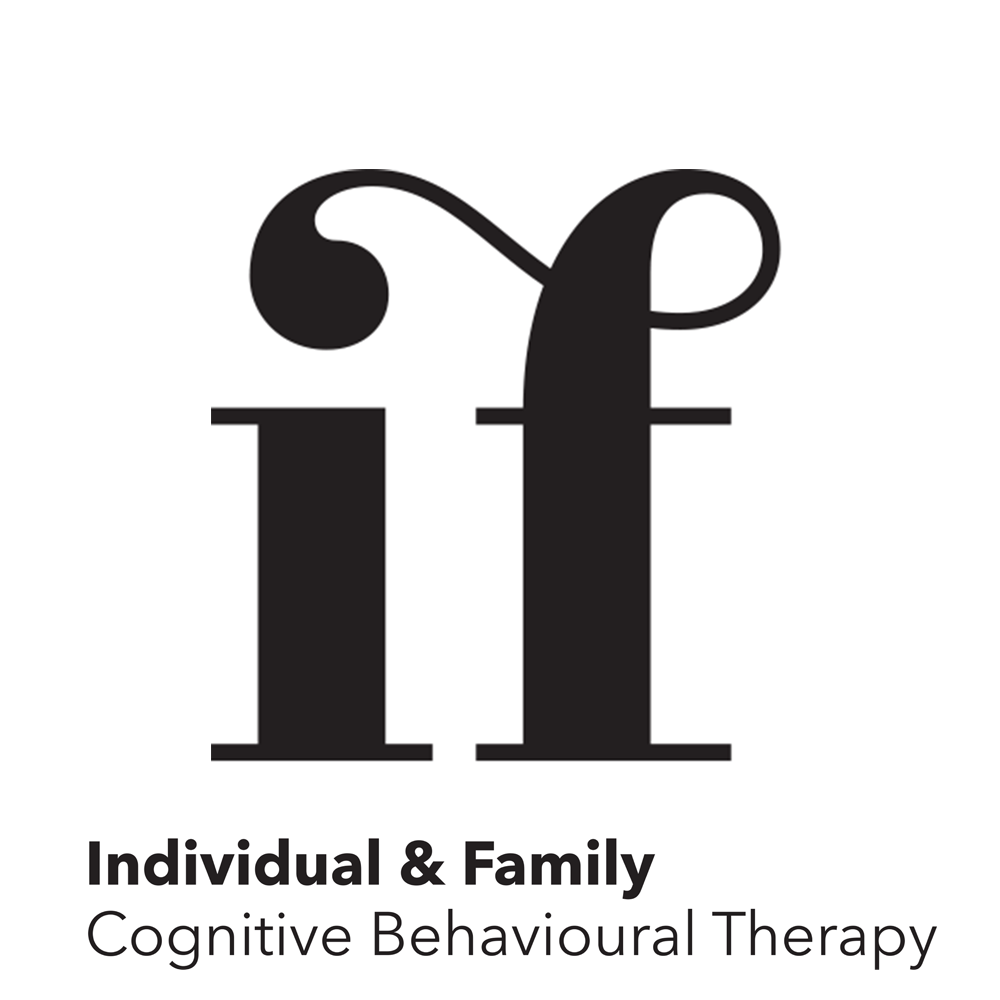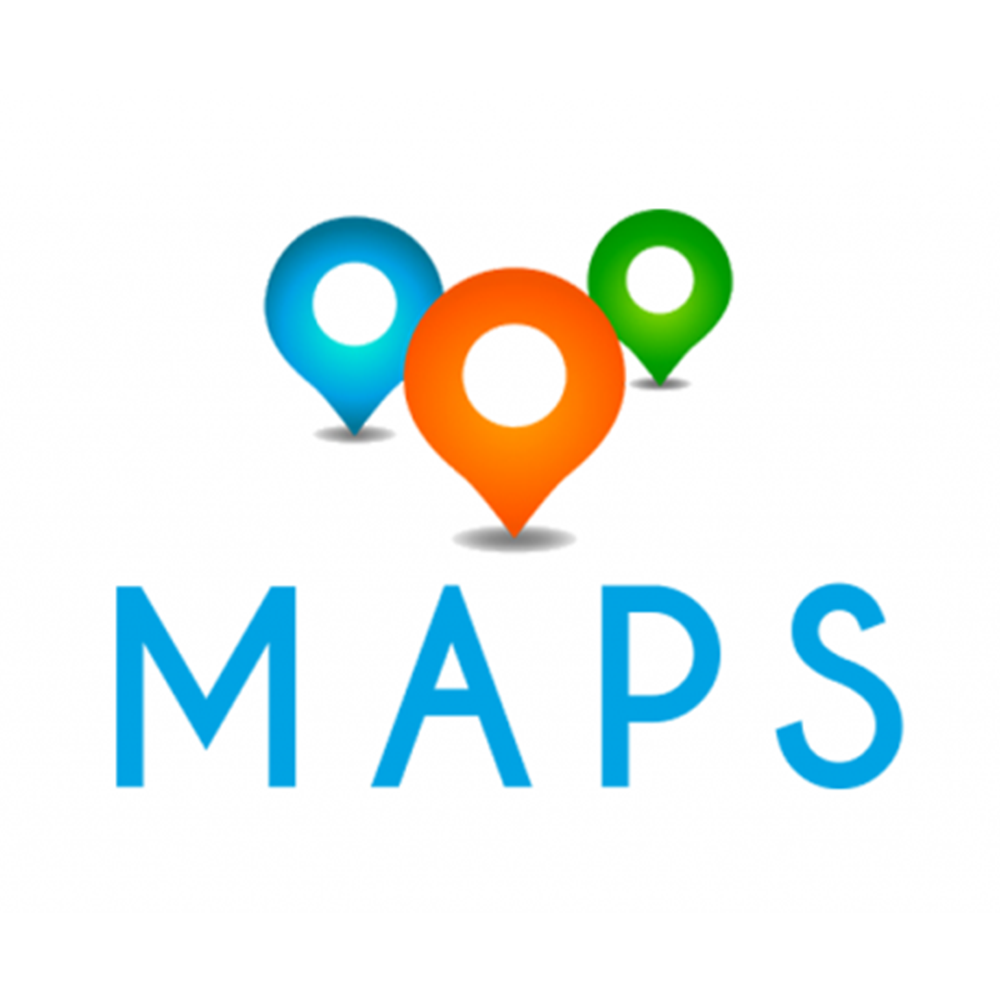BART
[vc_row][vc_column][vc_column_text] BART (Bipolar At-Risk Trial) BART (Bipolar At-Risk Trial) is a new feasibility study which is now in its recruitment phase. It has been awarded funding from The Research for Patient Benefit (RfPB) stream at The National Institute for Health Research (NIHR). The aim for BART is to investigate whether CBT is an acceptable, feasible and potentially effective treatment option for people who have been identified as being at risk of developing...
FOCUS
[vc_row][vc_column][vc_column_text] FOCUS (Focusing On Clozapine Unresponsive Symptoms) A Randomised Controlled Trial FOCUS Publication FOCUS is funded by the National Institute for Health Research via the Health Technology Assessment program for four years. FOCUS is sponsored by Greater Manchester West Mental Health NHS Foundation Trust. Having started on 1st December 2012, FOCUS will run until 31st November 2016. Please note that FOCUS has now reached its recruitment target and is no longer accepting new referrals. The FOCUS...
COMPARE
COMPARE trial (Cognitive behavioural therapy or Medication for Psychosis – A Randomised Evaluation) COMPARE Publication The COMPARE trial is a pilot randomised controlled trial investigating CBT compared to antipsychotics and to a combination of both in the treatment of adults who experience psychosis. The standard treatment for psychosis is antipsychotic medication. Antipsychotics have been proven to be helpful in reducing symptoms of psychosis for some people, however evidence suggests that many people...
TEAMS
TEAMS (Thinking Effectively About Mood Swings) The TEAMS (Thinking Effectively About Mood Swings) trial is a study investigating a new cognitive behavioural therapy for the treatment of bipolar disorder. The aim of this trial is to evaluate this type of CBT for people with bipolar disorder against treatments that are normally given in clinical care. Comparing the outcomes of these two groups helps us to evaluate if the TEAMS approach leads...
The Recovery Programme
[vc_row][vc_column][vc_column_text] The Recovery Programme The Recovery Programme is a five-year programme of research into understanding and promoting recovery from psychosis, in a manner that is acceptable to and empowering of service users. The Recovery programme aims to produce: User-defined measures of psychotic experiences. Several therapy manuals suitable for dissemination to multidisciplinary teams. New evidence-based therapies that are acceptable to service users. Guides for promoting recovery and models of collaborative provision of services...
Respect
[vc_row][vc_column][vc_column_text] RESPECT (Reducing Self-stigma in Psychosis by engagement in Cognitive Therapy) RESPECT Publication The RESPECT trial is a pilot randomised controlled trial which evaluates the feasibility of a brief, cognitive behavioural therapy-informed intervention for individuals with psychosis who experience problems relating to internalised stigma. Stigma and discrimination can have negative effects on mental wellbeing in many ways. Addressing this is an issue of primary importance in recent NHS guidance for mental health...
Action
Action (Assessment of Cognitive Therapy Instead Of Neuroleptics) The Action trial investigated cognitive therapy as a treatment for people experiencing psychosis and are not taking neuroleptic (antipsychotic) medication for their symptoms. The trial was a world first randomised controlled trial of cognitive therapy versus treatment as usual in this client group. The study was funded by the NHS Research for Patient Benefit Programme and was conducted at both Manchester and Newcastle. ...
IFCBT
[vc_row][vc_column][vc_column_text] IFCBT (Combined Individual And Family Therapy) In Comparison To Treatment As Usual For People At Risk Of Psychosis: A feasibility Study. IFCBT: The NICE Guidelines (2014) recommendation for a person considered to be at increased risk of developing psychosis is individual cognitive behavioural therapy (CBT) with or without family intervention. This trial has been awarded funding from the Research for Patient Benefit (RfPB) stream at the National Institute for Health Research...
MAPS
MAPS What is this study about? MAPS Common symptoms of psychosis are unusual beliefs (‘delusions’) and hallucinations (most often, hearing voices). The standard medication ('antipsychotics' or ‘APs’) for these problems is often helpful but can have serious side effects. There is also evidence that having talking therapies (such as ‘cognitive behaviour therapy’ (CBT) or ‘family intervention’) can help reduce symptoms and prevent relapse. The NICE guideline for treatment of psychosis and schizophrenia...
gameChange
[vc_row][vc_column][vc_column_text] gameChange: Immersive virtual reality to transform the lives of patients with mental health difficulties. What is the study about? gameChange is a large project, taking place over three years. The project is funded by The National Institute of Health Research (NIHR) invention 4 innovation (i4i) Mental Health 2017 Challenge Award. The study will look at the impact of virtual reality (VR) treatment on people with psychosis. The ultimate goal of this VR...

